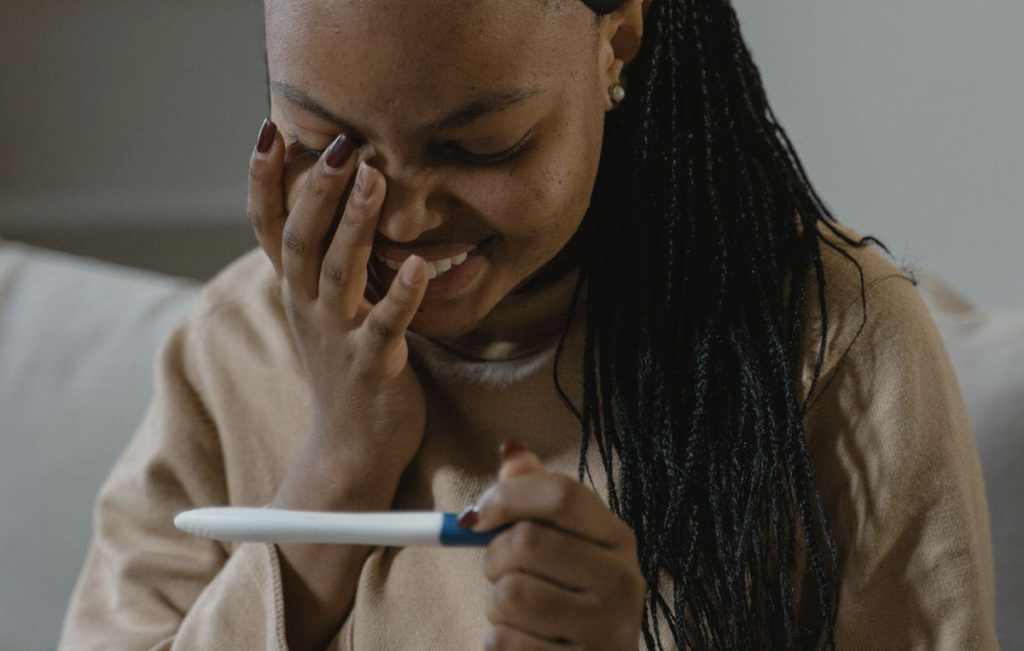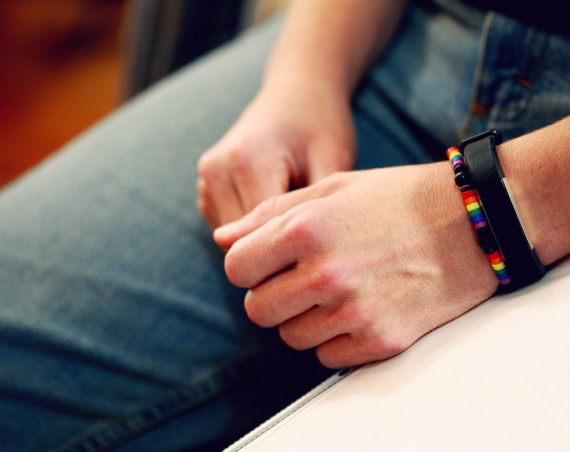
The following guest post was contributed by Dr Lorraine Muluka and Pascal Koenig, co-founders of maternal health startup Malaica.
Maternal mortality is one hundred times higher than in Europe
Sub-Saharan Africa (SSA) has a population of ~1.2 billion. While fertility rates are coming down at breathtaking rates, ~40 million babies have been born in 2023. This is more than ten times as many as in the US.
The maternal mortality ratio is around 100x higher in SSA than in Europe. It is accepted around the world that this is unacceptable: The UN has made the reduction of this figure a prominent target in its Sustainable Development Goals. Frustratingly enough, recent data shows that maternal mortality is increasing in many countries rather than decreasing.
New approaches are urgently needed
It is clear that fresh ideas are needed to step up our game. We urgently need approaches that have the potential to a) significantly improve maternal outcomes, b) scale massively within a short period, and c) can be delivered at low cost.
Scientific evidence shows that midwife-led care results in excellent maternal outcomes at a relatively low cost. Countries like the Netherlands and Sweden have built great maternal health systems based on this insight.
So it is clear that midwives will need to play a crucial role in reducing maternal mortality in SSA. However, it is less clear how midwifery care can be made more accessible, effective and scalable.
Midwifery care of the 21st century
Our startup Malaica is trying to do exactly this. After three years of hard work and lots of iterations, we have identified five central puzzle pieces of how such care could look like:
- Personalized: Most women in low-income countries are not getting any longitudinal care. Consultations are done at hospitals with ever-changing staff and patchy documentation. A trusted midwife who knows the medical history of the pregnant woman, as well as her personal and financial situation, leads to fast action in case of complications – a game changer to reduce mortality.
- Hybrid: “Online first” is the new normal in healthcare after the pandemic. This is true also for maternal health. However, unlike in certain medical fields where entire patient journeys can be managed online, this is obviously not the case in maternal health. A well-orchestrated “click and brick” process is crucial, including investments into well-run hospitals and data interfaces.
- Simple: If you google for “pregnancy advice” you will get more than 1 billion hits. The WHO and many other organizations have worked out amazing guidelines on how to have a safe pregnancy. The real challenge is to provide the right information at the right time in a digestible format. Doing this via WhatsApp has worked best for us so far: This is an interface well-known to an exploding number of women in SSA.
- Tech: AI is not going to replace midwives. But it will make them massively more productive. Our current midwife-to-mom ratio of Malaica is 1:50. We are working on several AI-driven features to bring this ratio to 1:250 over the coming years. This leads to more personalization, better clinical results and – equally importantly – financial sustainability.
- Community: “Feeling lonely” is one of the biggest pain points of our clients. While a bit surprising at first, it is less so if you consider the massive urbanization and disruption of traditional family structures which happened over the last decades throughout SSA. Peer-based support, building ties with other moms going through the same journey, and advice from experts in fields such as nutrition or mental health goes a long way in this respect.
Outlook: Are we getting to a 10x reduction?
While initial impact data looks promising, it is too early to say whether Malaica can make a dent in the maternal mortality statistics over the years to come. And if this is the case it will be the result of many organizations in this space working closely together.
One thing is very clear: Every mother and newborn has the right to survive and thrive, and the loss of any life is a tragedy. Creativity and hard work are needed to change the status quo.
About the authors
Dr Lorraine Muluka holds a Masters in Medicine with a specialization in Obstetrics and Gynecology. Among others, she has worked at Avenue Healthcare and Kenyatta National Hospital, both in Nairobi/Kenya. Based on a keen interest in innovating and improving healthcare systems, Lorraine has played key roles in several healthcare startups over the last decade. At the same time, she continued practicing as a Consultant Obstetrician at her private practice. At the end of 2021, Lorraine decided to go all in with a startup that is focused on maternal health and co-founded Malaica. She is leading the company as the CEO.
Pascal Koenig studied economics at the University of St. Gallen / Switzerland and at Columbia Business School / New York. He started his career as a strategy consultant at McKinsey. Over the last two decades, he built three startups in the digital health space. The last one – women’s health company Ava – supported couples to conceive. It grew to a team of 100+ people working on three continents, generating eight-digit USD revenue during Pascal’s tenure as CEO. Pascal has been frustrated by the inefficiency of the pregnancy journey, as well as the high mortality and morbidity rates, especially in low and middle-income countries. He co-founded Malaica to radically change this.



